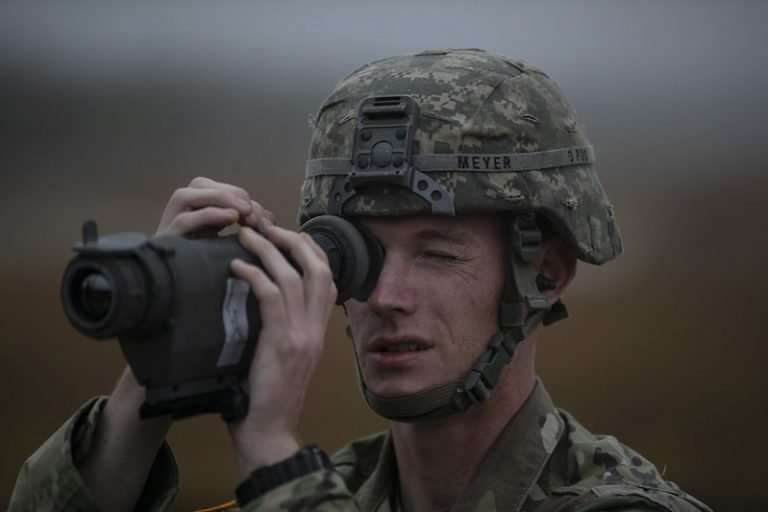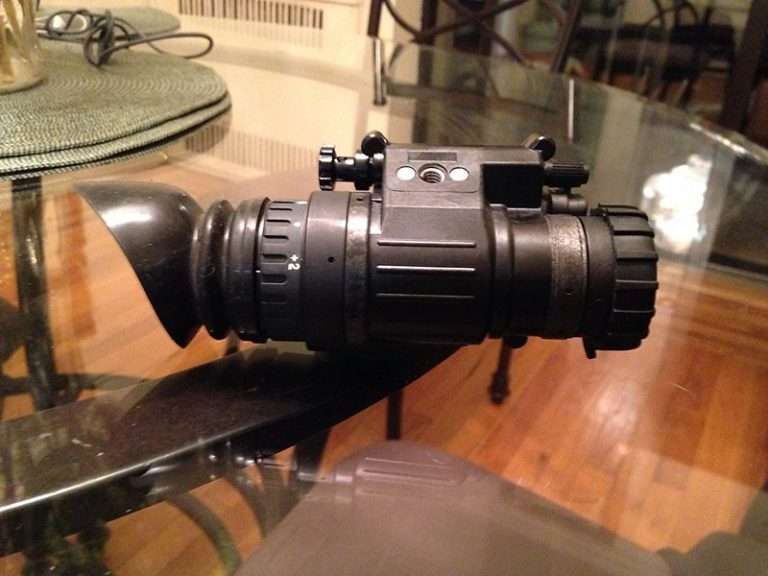
Thermal scopes are expensive. They cost more than most people can afford to spend on a single piece of equipment, and that is because they are worth it. This article will give you an overview of what thermal scopes do, how they work, and why the materials used to make them are so costly!
How do thermal scopes work?

Thermal scopes rely on thermal imaging. This technology, also known as infrared (IR) thermography works by gathering the heat emitted from an object and converting it into a visible image for human eyes to see. Thermal cameras are able to detect radiant heat sources in total darkness because they operate based off of temperature differences rather than visible light intensity
Why are thermal scopes so expensive?

Thermal scopes are made with costly materials because they require precise engineering and workmanship. Parts like the lenses, sensors, battery packs, cables and display screen must be very durable to handle rugged outdoor conditions.
Infrared light doesn’t pass through most normal lenses , which is why thermal scopes require special lenses to gather the heat emitted from objects. Most high-end thermal scopes are made with either germanium or sapphire lenses, both of which cost more than conventional glass lens options.
The materials used in thermal scopes can be very costly because they need certain properties; namely that they need to be effective at gathering infrared light while also being durable enough to withstand harsh outdoor conditions.
The process of assembling all these parts into one single instrument is also extremely complex which makes thermal scopes expensive to make!
Other alternatives that might be cheaper and just as good or better than a thermal scope include

Thermal scopes usually set you back at least $2000-$3000. So, what’re the alternatives?
Active night vision optics normally run about $1000 up to $40,000. So, it’s not always a cheaper option. A major difference is the they require ambient light from the moon, stars, or artificial lights. So, if it’s completely dark , they will not work.
Which one is better? Which should you buy? It really depends on the type of shooting that you do, as well as your budget. Remember to take into account how much light there is when choosing a night vision optic!
